Bulgaria Schengen Visa
Schengen Bulgaria’s visa policy is heavily influenced by the general policy of the Schengen Zone despite not being a Schengen nation. Most nationalities coming to Bulgaria require visas to enter the country, excluding those who qualify for visa waivers. Under the visa waiver agreement, visitors from selected countries enjoy visa-free entry.
Description
Bulgaria Schengen Visa Process
Bulgaria Schengen Visa policy is heavily influenced by the general policy of the Schengen Zone despite not being a Schengen nation. Most nationalities coming to Bulgaria require visas to enter the country, excluding those who qualify for visa waivers. Under the visa waiver agreement, visitors from selected countries enjoy visa-free entry.
The factors determining visa waiver qualifications are twofold; on the one hand, are the multilateral and bilateral agreements. Bulgaria has with other countries and the visa policy implemented by members of the Schengen zone. Furthermore, European citizens are free to visit Bulgaria without visas; all they need is a valid ID card, and they are good to go.
EU citizens can reside anywhere and pursue their interests indefinitely as long as they are legal.
As for other visa-free citizens, they are allowed to stay for up to 90 days and only for tourism, business visits, and transit.
Bulgaria Schengen Visa
Bulgaria’s application to be accepted into the community of Schengen nations has not been accepted, but it observes many existing Schengen protocols. Although Bulgarian embassies do not issue Schengen visas, holders of such visas can still enter the country with the same instead of applying for a Bulgaria national visa.
Visa holders can enter Bulgaria and stay up to 90 days within 6 months. They can also travel to any other Schengen country in the zone for multiple entries. However, the Bulgarian government has announced they Schengen visa holders will no longer be allowed to enter Bulgaria with this visa if they have not used it to enter a Schengen state first.
This policy change means if you intend to visit with a Schengen visa, you must visit the country that issued the visa before making your way to Bulgaria.
Bulgaria ETIAS
The European Commission has launched the European Travel Information and Authorization System, an online authorization permit for foreign nationals. ETIAS is issued to visa-exempt visitors, as Schengen visas are issued to non-visa-exempt visitors. As is the case with SCHENGEN visas, Bulgaria does not issue this permit to visitors but recognizes it since it is a member of the European Union.
The ETIAS policy changes the existing policy that was in place earlier, which allows visitors from visa-exempt countries to enter the region with only their passports.
From 2024, Etias will be mandatory for all eligible visitors. This travel permit is designed to enhance the border security of European countries, including Bulgaria. Applicants must submit their application online and wait for it to be processed, which will take only some minutes.
After submitting the form, the ETIAS system will scan various databases with the information for threats; if a security alert is triggered, the application will be denied, but if not, it will be approved.
Apart from Bulgaria, ETIAS will be used to enter almost every European country except the Republic of Ireland and the United Kingdom.
If you are not from a visa- free country, you are not allowed to apply for ETIAS; you must apply for a Schengen or National Bulgarian visa.
Key Information About Bulgaria ETIAS
As you prepare to apply for ETIAS, here are some tips to remember.
Visit a Schengen country first: The Bulgarian government no longer accepts ETIAS holders entering the country before visiting other EU countries: In the past, this was allowed, but not anymore. If you must visit with ETIAS, you must first make your way to another Schengen country and have your passport stamped before coming to Bulgaria. Visitors who come to Bulgaria first once Etias becomes active will be denied entry.
Don’t stay for more than 90 days: As an ETIAS visitor, you are not allowed to stay in the country for more than 90 days.
This is also the case should you decide to visit two or more countries in the region. Your stay starts counting the moment you set foot in any European country, excluding the United Kingdom and the Republic of Ireland.
Be Mindful of the 6 months cycle: Always be mindful of the 6 months cycle as the 90 days stay is not calculated in isolation. The rule states that visa-exempt visitors must not stay in for more than 90 days in 180 day period.
It is only for visa-exempt visitors: This ETIAS approval is only for foreign nationals from my visa-exempt countries. You must enter Bulgaria or any other Schengen country with a valid passport to be eligible for ETIAS the moment it becomes mandatory. Check your eligibility before submitting your application.
Use the same passport: Your ETIAS is linked to the passport you use for the application, so make sure you travel with the same passport, not a different one. The immigration officers on duty will use your passport number to verify your identity.
Application Fee: The application fee for ETIAS is only paid by persons above 18 and under 70 years of age. Persons not in this age bracket don’t need to pay the fee.

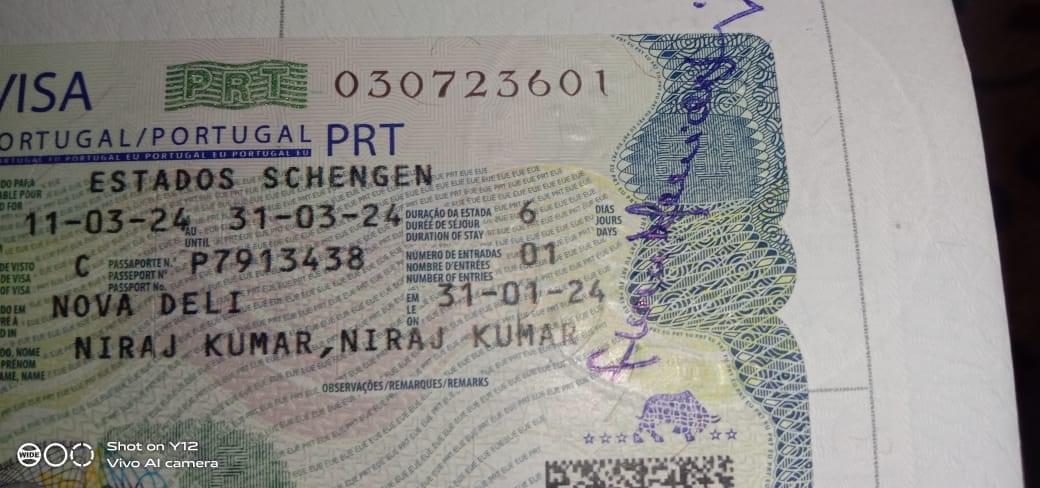
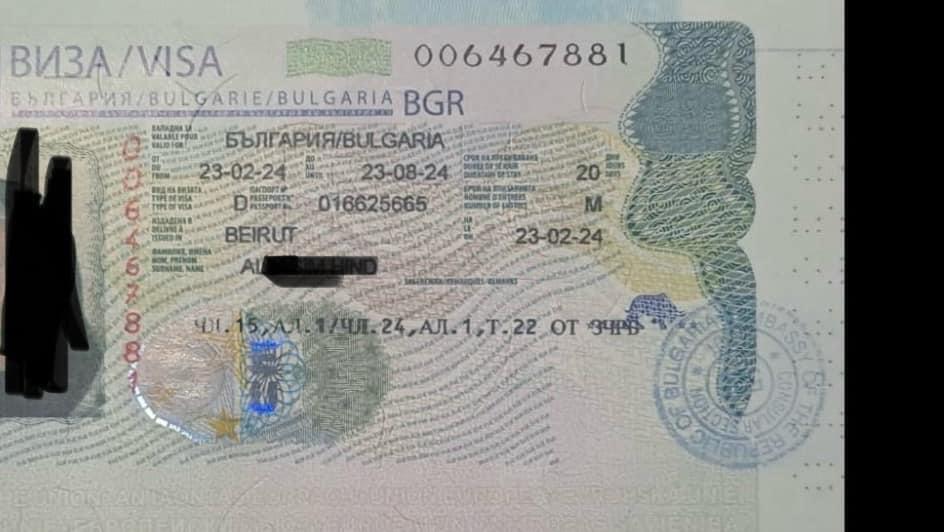
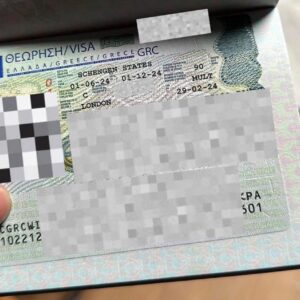
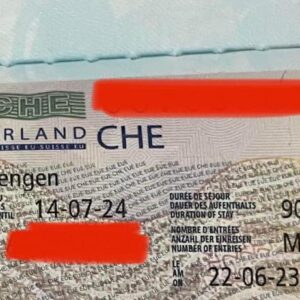
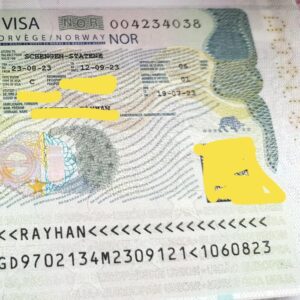
Reviews
There are no reviews yet.